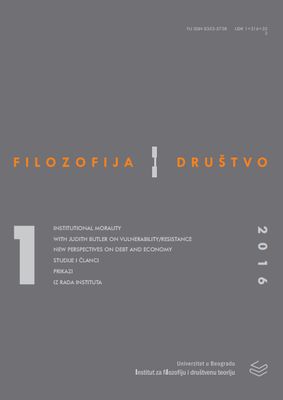
We kindly inform you that, as long as the subject affiliation of our 300.000+ articles is in progress, you might get unsufficient or no results on your third level or second level search. In this case, please broaden your search criteria.

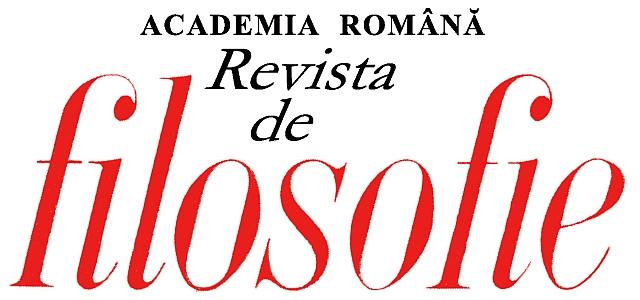
The aim of this paper is to criticize the main understandings of theInternet (and implicitly of other technologies) which still dominate public discourse andinfuse policy-making. I will start by giving an account of the technical infrastructure ofthe Internet in order to show that it is impossible to capture the Internet’s disruptivecharacter if we reduced it to its material infrastructure. I will then move to the mostcommon understandings of the Internet and I will criticize them. This paper can be seenas a first methodological step in the attempt of clarifying the role technologies play intoday’s world. In this sense, it is a contribution for the philosophy of technology.
More...
This article offers an argument for taking into consideration theconcept of personal identity (narrowly understood) in the debate regarding moralbioenhancement, supported by the view in which personal identity represents a sourceof morality. I will argue that understanding the process of identity construction providesan insight into the complexity of the concerns associated with the possibility of moralbioenhancement. Moreover, introducing the element of personal identity in thisdiscussion could make it possible to identify the difference between subjecting theindividual to an intervention that puts her autonomy in danger, and helping her tohonour her own moral commitments, in order to live in accordance with a set of valuesconsciously chosen and for which she feels a sense of responsibility.
More...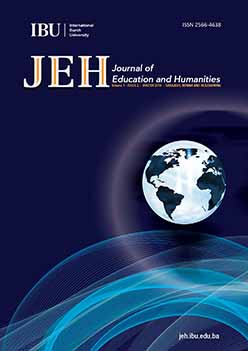
Deontology, the science of teaching professional duties refers to the moral obligation of teachers towards students. The principle of ethics: "Age quod agis" or "Do (well) what you're doing“involves legislation, psychology of communication, behavior and ethics. Overcoming pedagogical ethics as attitude towards professional obligations, community and colleagues, it studies the rights and duties regulated by the code of the profession. The difference between Bentham's and Kant's views about duties is the difference between professional oath and school's code of ethics. Therefore deontology consider duties as base of moral and professionally mature person who swears to success, while code of ethics is based on a mistrustful society that doubt in the identity of moral values, professionals and society as well.
More...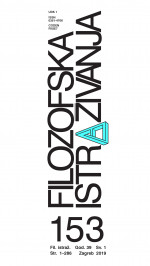
The author considers the current process of fragmenting ethics into numerous special ethics at the starting point of the article as a process of destroying ethics as a philosophical discipline. He relates this to the historical failure of ethics which due to categorical limitations could not address the challenges of the advanced scientific-technical civilisation, resulting in an “ethical vacuum” (H. Jonas). In response to the ethical vacuum, a number of ethical initiatives have emerged which the author, according to the effects on the rehabilitation of the role of traditional ethics and on the creation of a new orientation framework, classifies on a destructive and productive line. On the productive line of overcoming the ethical vacuum, bioethics has emerged which, along with other ethical projects, has created a new orientation atmosphere that the author calls “a new ethical culture”. On the destructive line, along with the inflation of special ethics, a special form of destruction has emerged in terms of implanting “applied ethics”, which the author refers to as a nonsensical concept, into the fabric of traditional ethics. Then the author presents three main problems of applied ethics. The first is of a substantive nature and consists in the fact that applied ethics does not have and in principle cannot have unquestionable norms as an object of application. The second main problem is of a methodological nature and consists in the inappropriateness and non-acceptance of deductivism as a model of applying ethical norms to practice. The third main problem is of a practical nature and consists in developing the myth of the practicality of applied ethics. The author concludes that applied ethics is neither an ethical concept nor an ethical project but a market brand which on the ethical plane turns out to be nonsense. In the point of the article, the author argues that applied ethics became an institution of ethical absurdity the moment it, as an empty marketing label, took over the vacancy of the object of application and the role of general ethics for an unrelated and undefined conglomerate of special ethics transformed into its branches.
More...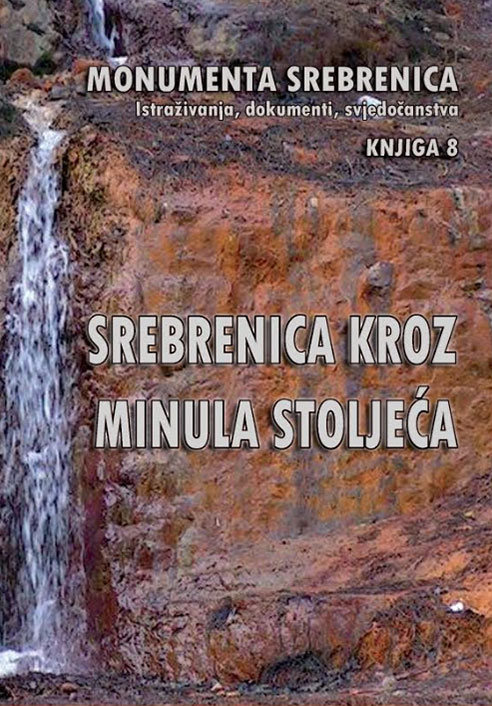
“Is forgiveness morally wrong?”According to Professor Vetlesen, reconciliation in Bosnia and Herzegovina cannot come unless perpetrators recognize what they committed and do not show public remorse for what they did. Even then, if it happens,nobody has the right to force a victim to accept apology. Forgiveness and oblivion are not victim’s obligations, Vetlesen is categorical. “I am aware how many denials occur and exactly to silence a victim to talk about what happened can often only aggravate things, disturb the possible reconciliation process. It is understandable that a large number of victims are ready to forget what was happening to them for the future. People are often aware that recalling these suffering can cause new conflicts, unrest in society. To tell victims to be silent is equally dubious, psychologically unbearable to leave it as a liability only to the victim, and not only to the perpetrator, and it cannot help victims,” claims Vetlesen.According to Vetlesen, the victim cannot be forced to forgive, s/he must be ready to voluntarily forgive, and the perpetrator must accept it only as a gift that is not deserved. Vetlesen is categorical in the assessment that there is no one who would have the right to force the victim to forgiveness, either religious or political leaders. “No one has the right to give any instruction in this regard. This is the exclusive right of the victim. The forgiveness is not the obligation of the victim nor is the right of the perpetrator. That is,therefore, a personal attitude. Whatever the victim decides, no one has the right to condemn or praise for what s/he has done
More...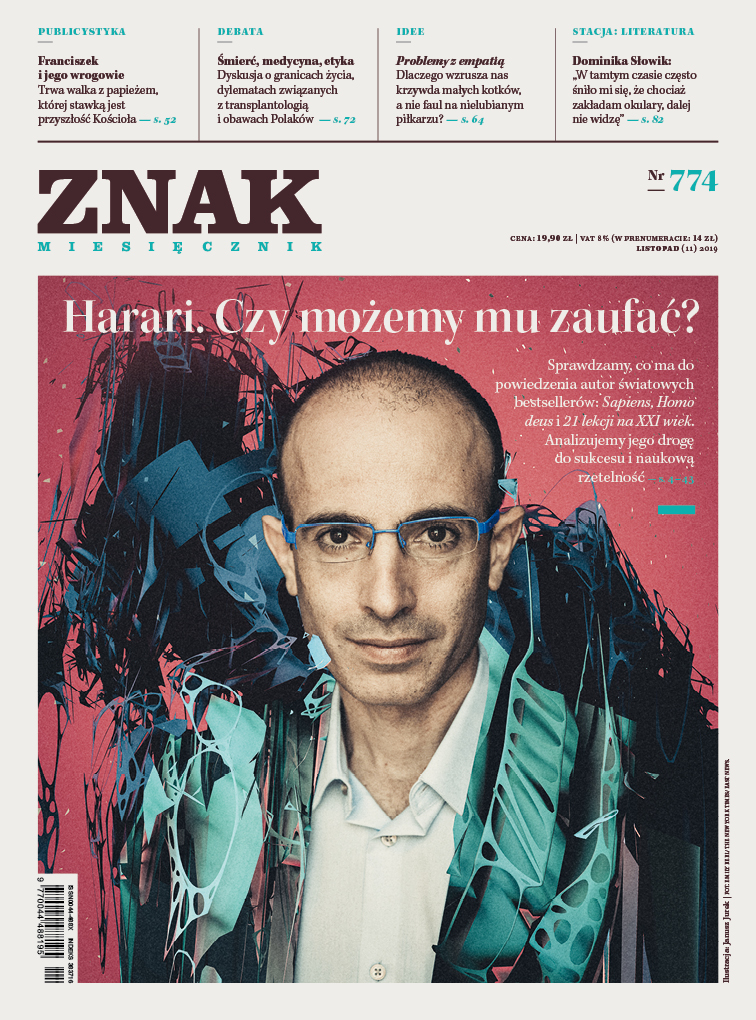
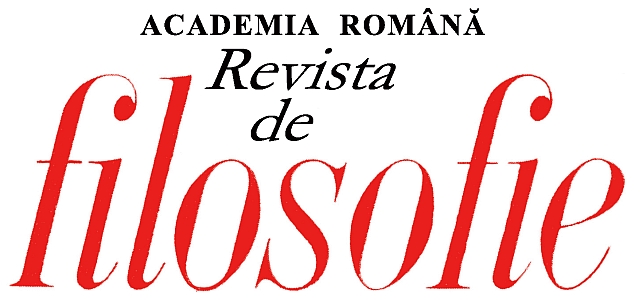
The paper presents some aspects specific to communication, identified in a philosophical counseling process, as a new specialization applied in philosophical practice. Dialogue is an essential element of the communication, he is used now in the counseling process, and take place between the philosophical counseling specialist and the person or group of persons participating to a counseling procedure, where this specialist has the role of adviser or facilitator of the communication. The analysis is extended to organizations or institutions, to the ethics applied or to philosophical consultancy addressed to other entities, where the process is based on communication specific elements that are applied by the philosophic counselor in his practice. This paper examines the fields in which philosophical counseling is useful and identifies specific elements of communication between the new specialist and the beneficiaries of this, from person to groups, to the subject to counseling or philosophical facilitation, to the organizations or institutions who need the philosophical consultancy or applied ethics. Another approach of communication take the form of promoting the new profession, by the philosophic counseling specialist who use the communication techniques to promote his counseling, the counsultancy or facilitating, for all the persons who need this service. Other type of communication can be between the specialist in philosophical practice with public institutions, in his process to be a practitioner, for his registration like a new profession, the philosophical counselor, different to the philosopher.
More...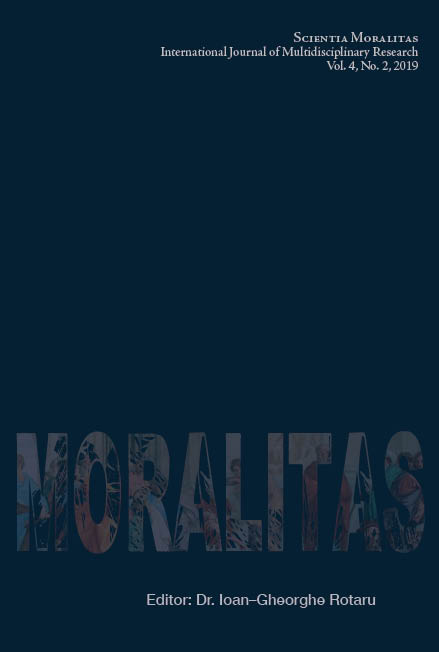
The article outlines the phenomenon of pluralism and its challenges in modern and postmodern Western civilization. The pluralistic world is confronted with different concepts of ethics and morality, which not so rarely trigger diffusions from which conflicts often derive. Practical philosophy can make a new constructive contribution through its neutral view on the modern pluralist world.
More...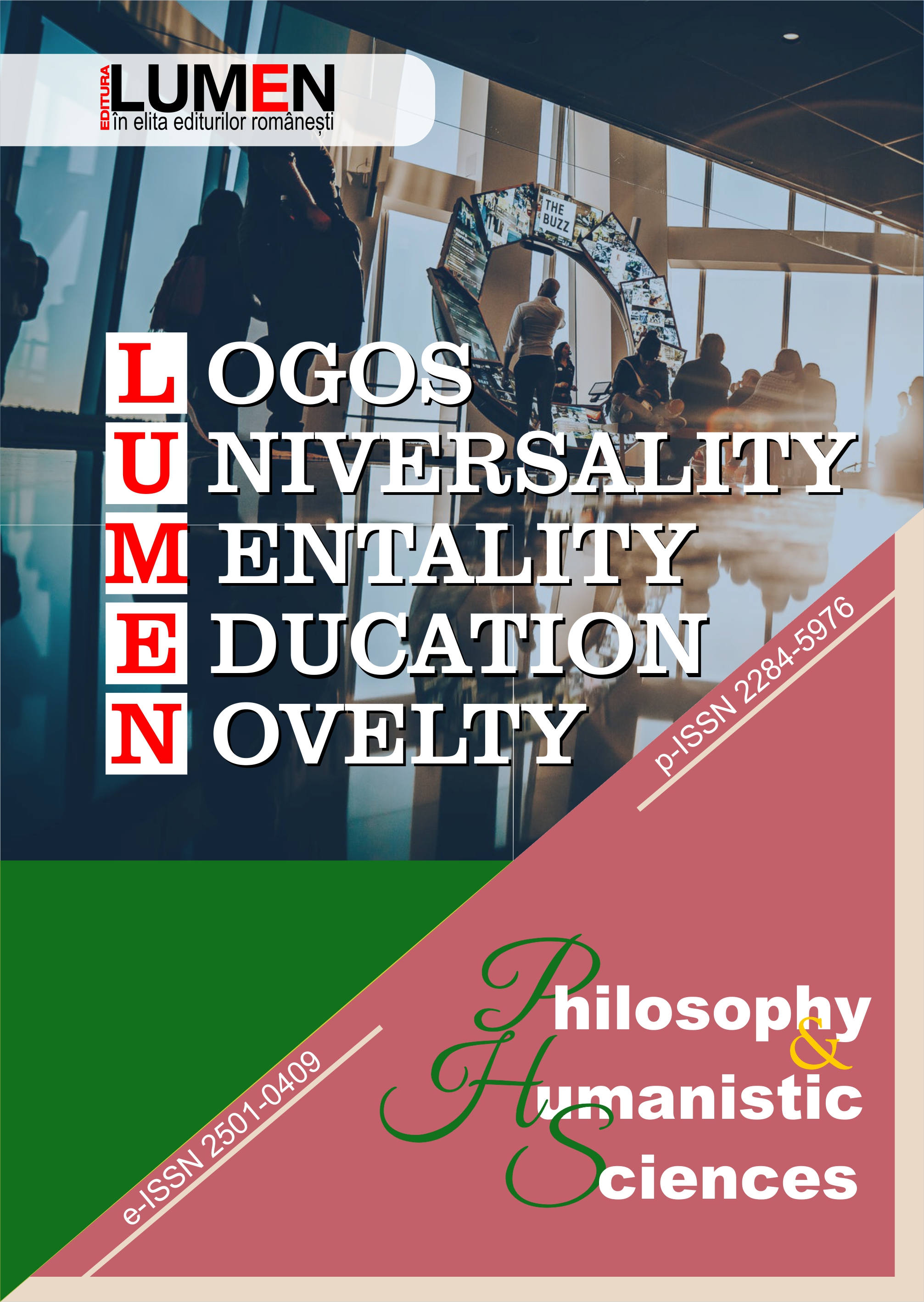
The philosophy of technology constitutes a relatively recent area of reflection, compared to other topics of philosophical interest such as science or morals. This fact is not independent of the change in public sensitivities regarding technological change and anti-essentialist tendencies of contemporary philosophy. On the one hand, the traditional essentialist approach in philosophy of science and knowledge, typical of currents such as logical empiricism, conceived of technology as applied science and, more globally, practical activity as an application of general rules or principles. Recent historicist and naturalistic approaches in philosophy of science, and the development of ICT studies, have favoured a more realistic and contextualized view of science and its relations with technology, facilitating awareness of the great diversity of problems. specific philosophical posed by technology. Technology, on the other hand, has been categorized as a social problem in recent decades, becoming prominent in the media, public forums and political agendas. With the current intense technological development, the close dependence of the economy, institutions and ways of life on technological devices and processes, as well as the serious environmental repercussions or ethical and legal dilemmas caused by nuclear energy, has become especially evident. As a result of both factors, the interest in technology acquires in recent decades a remarkable impulse and ends up making it an object of study in more and more monographs, specialized magazines and international conferences. The academic conceptualization of technology, understood as applied science, only reflected a culturally generalized point of view during much of this century.
More...
The present paper aims to understand the state in a political theology key, as formulated in Carl Schmitt’s writings. In other words, through “political theology” it is not emphasised a certain political doctrine, but it rather asserts a way of thinking the political through theology. This scenario is brought to the theorist’s attention because of the modernisation process intensively developed in the 20th century. Moreover, the author argues that the crisis of the state is a theological-political problem since the modern theory of the state is a legitimate successor of theology The German author’s plan is to provide an alternative to the European secularised modernity, since he identifies that the political organisation of a society (always) reflects its religious beliefs. In this way, the study attempts to approach the tension between theology and politics, surpassing the historical-institutional experience, by proposing the understanding of some schmittian metaphysical subtleties that reveal the relationship between theology and politics as a mutual determination. Therefore, using the method of correspondence between theological and political concepts, the paper focuses on Schmitt’s arguments when claiming that the state has lost its monopoly over the political, so that the reaffirmation of the political theology becomes the natural and legitimate scenario.
More...
The paper analyses an unethical media account of two celebrations, St. Valentine and Dragobete. If in 2018 The Romanian National Television posted on Social Media an appropriate account of St. Valentine Holiday, in 2019 the situation was completely different. While reporting on St. Valentine, the media trust considered appropriate to present it in an unjustified comparison with the Dragobete celebration of 24th of February, described as an authentic Romanian celebration of love. While reporting about Dragobete, the celebration was again compared with Valentine′s Day, the second reduced to the adopted American tradition of love celebration, whereas the first described as the appropriate one for Romanians to celebrate. None of the two media accounts remained true to the history of either celebration. St. Valentine is a Christian Holiday with Ancient European roots, however controversial the love celebration tradition may be, as the second is a Romanian pagan celebration. There was no need to account for the two events in an antagonistic manner. A separate account of the two celebrations would have been more appropriate. If the Romanian television decided to promote Dragobete as an important Romanian celebration on Social Media, it could have done so without relating it to St. Valentine. Moreover, these accounts disregard the Romanian Catholic communities which celebrate Valentine, the martyr priest, on the 14th of February. The paper discusses how both media accounts disregard the ethical recommendations on reporting about multiculturalism and generate an unnecessary state of conflict between the communities who celebrate one or both holidays.
More...
It is inevitable that philosophical practices will become a significant concern in the Romanian cultural space. Following the example of Western counseling practices, Romanian thinkers began to theorize and practice different forms of applied philosophy and philosophical counseling. One of the most productive and creative voices in the field of applied philosophy is Professor Antonio Sandu. The volume Consilierea filosofică apreciativă [Appreciative Philosophical Counselling], along with other works published under his signature, is a major contribution to the development and implementation of philosophical counseling. Antonio Sandu's texts can be used as a starting point for the theoretical construction, for the exercises of the practitioners, but also for those who want a support for the institutional construction of the training programs in the philosophical practices and philosophical counseling.
More...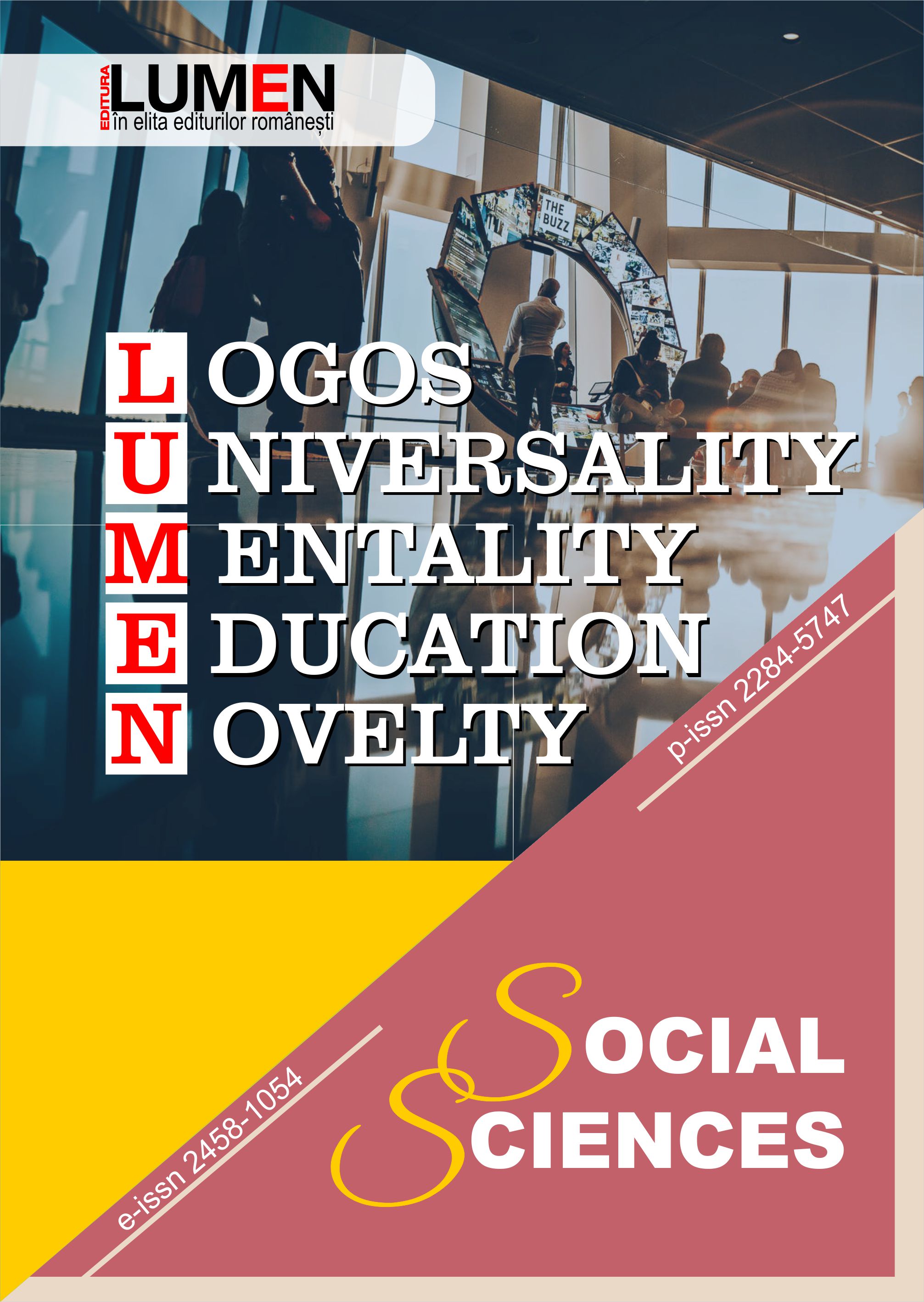
The ancient Greeks believed that moral character was developed through proper training. With the correct education one would develop a strong moral sense, leading to right behaviour, pure thought and hence, to contentment. Several models of virtue and ethics were developed by Greek philosophers in the fifth century Before the Common Era (B.C.E.). These models of Ethikos referred to the more broadly understood concept of one’s moral character, inherent in all men, and were intended to aid in the development of that character through guidance. In modern times ethical codes have proliferated in the professions and have become both prescriptive and restrictive. This paper discusses this proliferate development in the twentieth century, the need for ethical codes and conflicts within ethical theories.
More...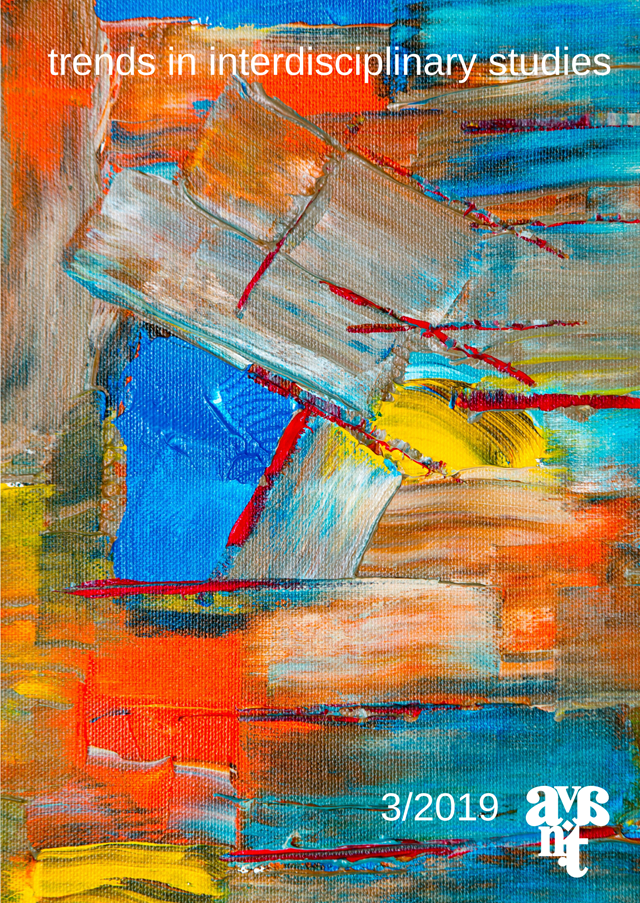
The review presents and briefly comments on the fifty-fourth issue of the journal Studia Philosophiae Christianae. The theme of this issue is normativity, which is in many different ways. The publication shows normativity as a broad and complex issue, exploring some of the ways in which we can approach it.
More...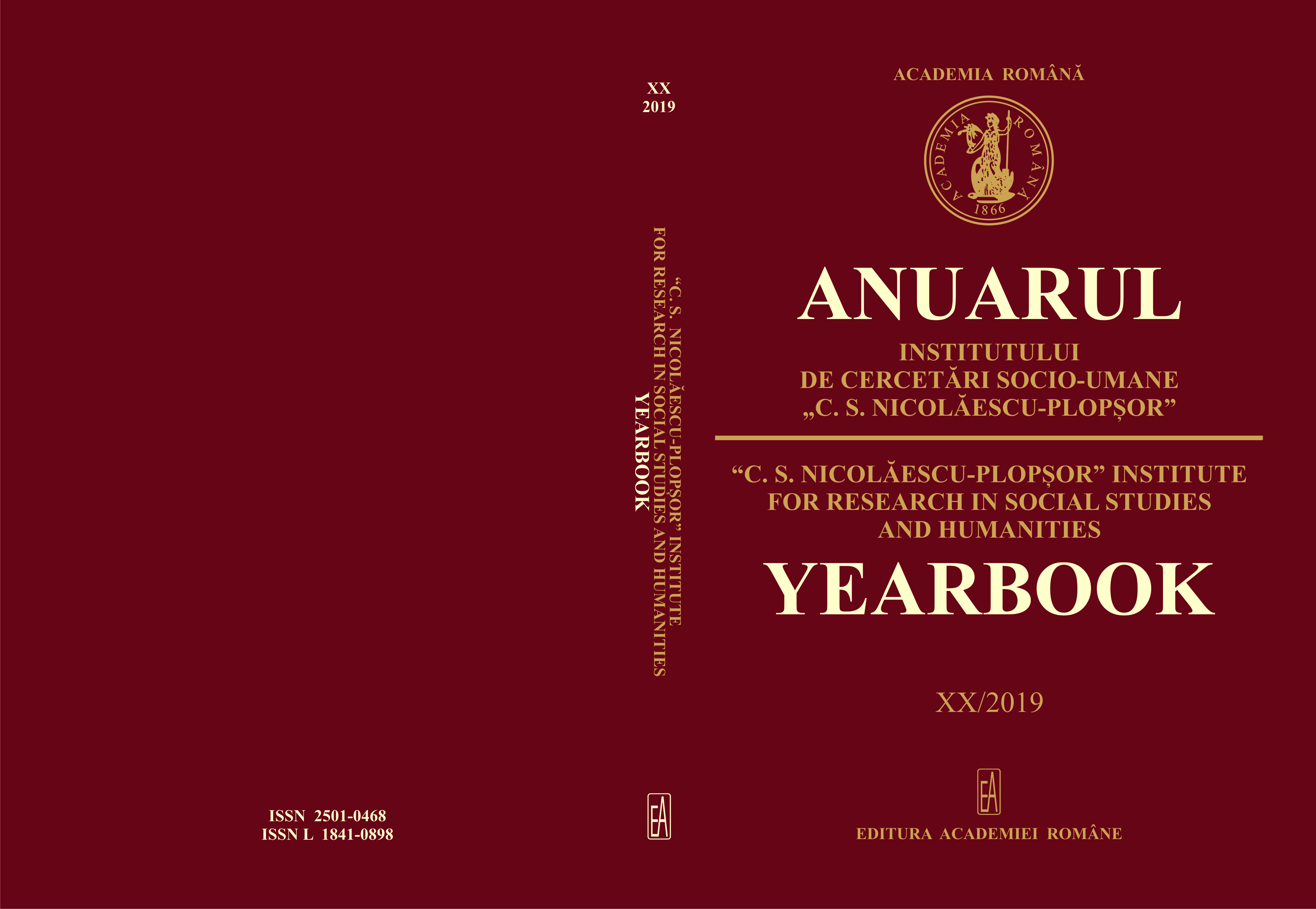
Starting with the second half of the 15th century, in the Occident, the liberation of the thought from the religious dogmas, the crisis of the system of values founded on the privileges of the nobility, the idea of citizens’ equality before the law, the increase of the market economy and the affirmation of the new bourgeois social class have constituted the main directions in the evolution of the society. Since the end of the 18th century, the western world, going through a series of revolutionary crisis, has transformed itself structurally, becoming mature under the influence of the French Revolution from 1789. The year of 1815 ended the republican expansion, but the events from 1830 and the revolution from 1848 encompassed the entire Europe, creating new currents and orientations in the philosophical and juridical thinking.
More...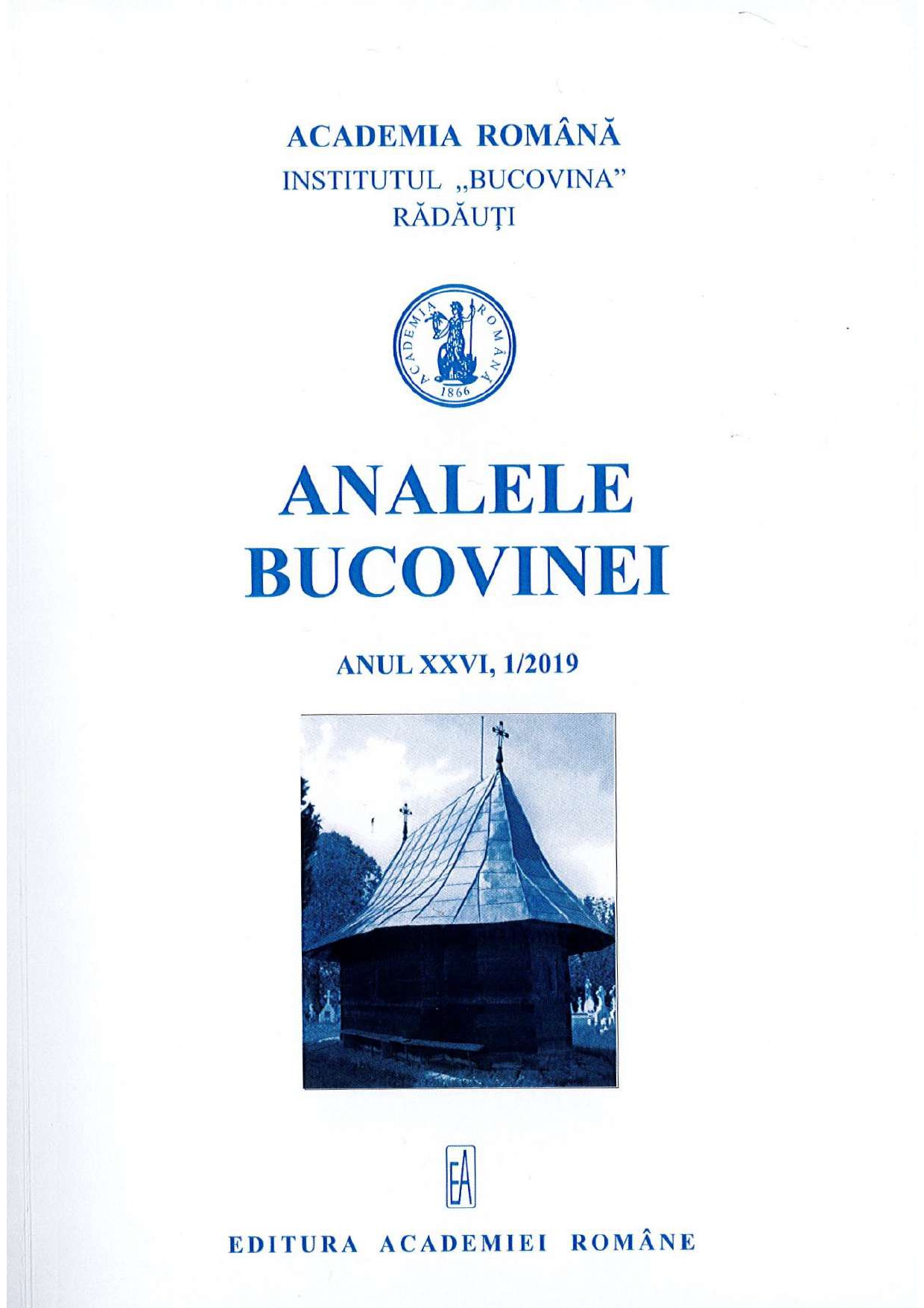
In his essay about The Mioritic Space, Lucian Blaga states that “the Christian doctrine endured some adaptations and accepted some spiritual infiltrations dictated by the local or ethnic spirit of the various geographic regions”. Complementarily, we can say that the “local or ethnic spirit” has always been influenced by religious doctrines that have stood up or, on the contrary, have amended some secular customs and customs. Starting from the above-mentioned theses, we will try to describe some aspects of the spiritual bipolarity specific to the Bukovinian Germans of Roman Catholic Confession. In particular, we will emphasize the ambivalent influence of the Catholic Church on the use of the mother tongue by the German Catholics of Bukovina.
More...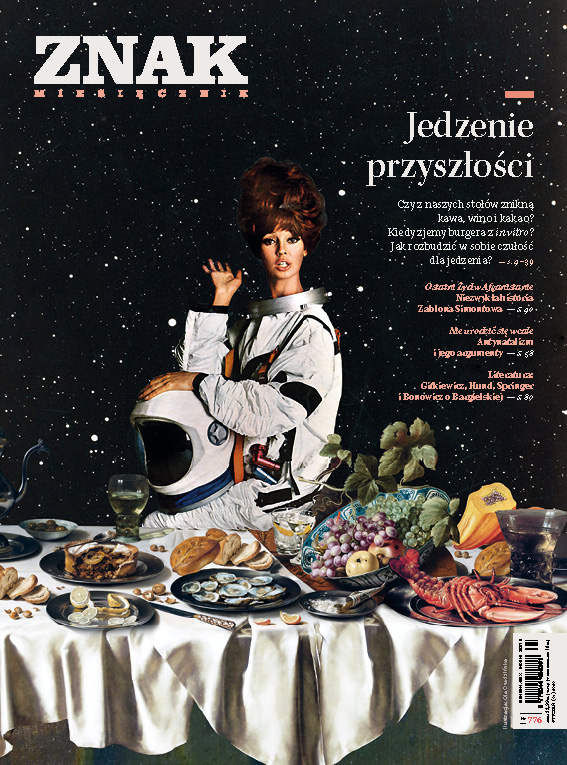

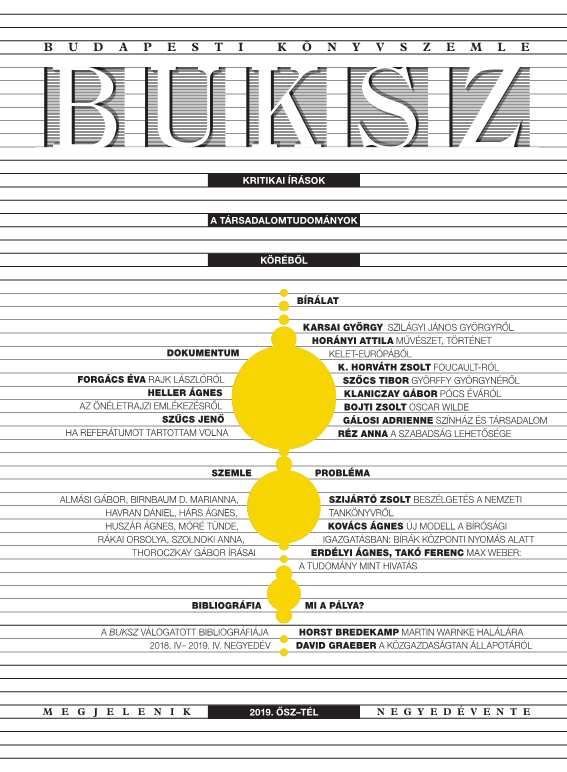
Bernáth László: Morális felelősség, érdem és kontroll. A morális felelősség metafizikája. L’Harmattan, Budapest, 2019., 206 oldal, 2500 Ft
More...